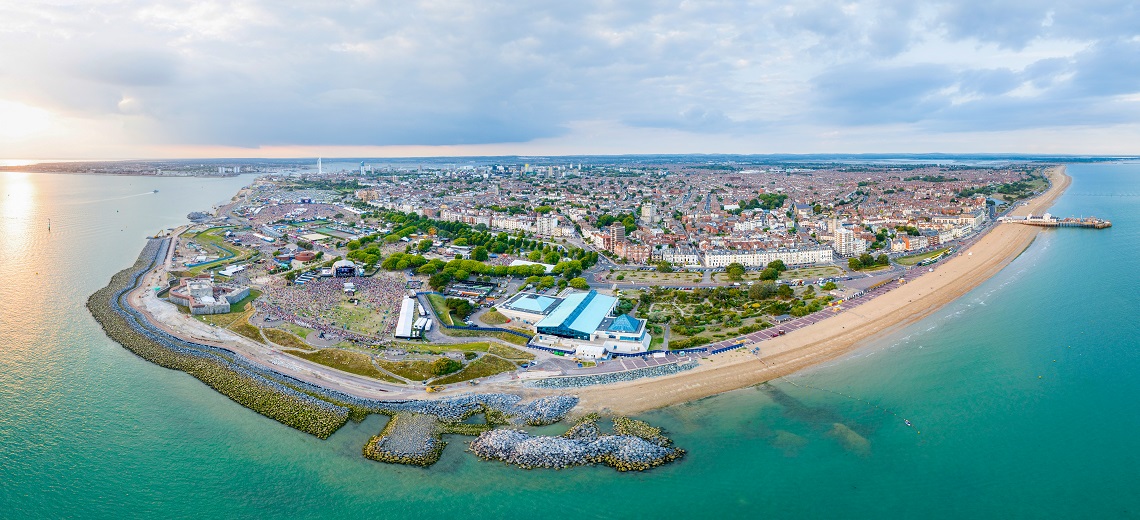- ...
Postgraduate Studentships - Search for funding opportunities.
Master the key elements of contemporary electronic and electrical engineering with this accredited MSc Electronic and Electrical Engineering course. You’ll design and implement electronic systems, work with the practical application of current technology, and upgrade your skills to meet the needs of more ambitious roles in your industry.
You’ll learn about key topics in electronic and electrical engineering, such as microwave and wireless technology, and the practical application and design aspects of electronic systems, on a course designed to meet a skills shortage in the sector. You’ll graduate in an excellent position to pursue roles from product design to aerospace engineering.
You can start this course in September or January (full time only in January).
Course highlights
Qualifications or experience
English Language Requirements
For fees and funding options please visit website to find out more
If you meet our criteria, you could get a £3000 tuition fees discount – visit website for details
Because electronic and electrical engineering skills are in global demand, you’ll be in a strong position to secure employment when you graduate successfully. Here in the UK, EngineeringUK has identified both electrical engineers and electronic engineers as careers with a shortage of skilled entrants, which means you can expect your salary to reflect your postgraduate qualification.
Career routes you could explore with a Master’s in electronic and electrical engineering include:

Master’s study opportunities at University of Portsmouth A range of postgrad courses to unlock career possibilities ‘I already feel so much more conf...